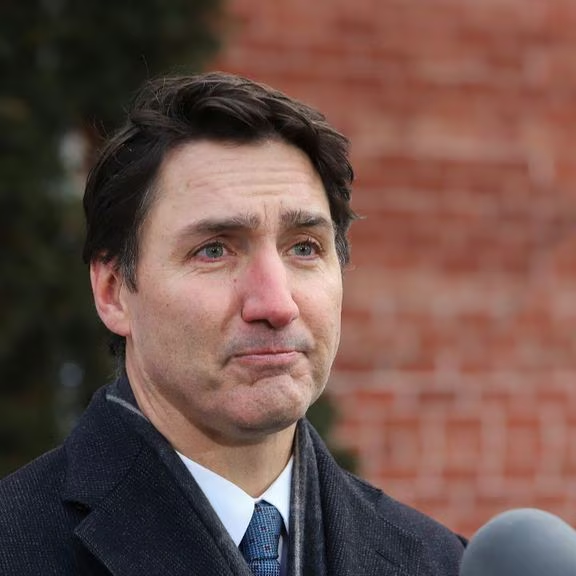Canada’s oil industry is poised for significant growth, supported by increased production, enhanced infrastructure, and rising global demand for heavy crude. However, this surge comes at a pivotal moment as Prime Minister Justin Trudeau prepares to step down in 2025, marking a critical shift in Canada’s leadership and energy policy direction. The industry faces the dual challenge of navigating a changing political landscape and addressing mounting environmental concerns.
Leadership Transition and Policy Uncertainty
Prime Minister Trudeau’s departure after nearly a decade in office leaves a legacy of ambitious climate policies and a contentious relationship with Canada’s oil-producing provinces. His government’s pledge to reduce greenhouse gas emissions by 35% below 2019 levels by 2030 has drawn criticism from Alberta and Saskatchewan, which argue that the federal targets threaten the competitiveness of Canada’s energy sector.
Implications of Trudeau’s Exit
- Policy Continuity: Trudeau’s successor will inherit the challenge of balancing environmental commitments with economic growth in the oil sector.
- Provincial Tensions: Provinces like Alberta have expressed optimism that Trudeau’s departure could pave the way for more collaborative and less restrictive federal energy policies.
- Global Perception: Canada’s role in international climate agreements may face scrutiny as new leadership reshapes the country’s energy and environmental strategies.
Production and Investment Highlights
Canadian Natural Resources (CNRL)
CNRL has announced a 12% production increase in 2025, targeting an output of 1.510 to 1.555 million barrels of oil equivalent per day (boepd). Backed by a capital budget of C$6.15 billion, the company is heavily investing in oil sands development while integrating technologies to lower emissions and enhance efficiency.
Suncor Energy
Suncor Energy reported a rise in Q4 2024 production to 874,000 barrels per day (bpd), up from 808,000 bpd in the previous year. Suncor’s accelerated debt reduction and improved refinery throughput have positioned it well for future growth despite regulatory pressures.
Market Dynamics and Export Infrastructure
Trans Mountain Pipeline Expansion
The recent expansion of the Trans Mountain pipeline has nearly tripled Canada’s oil export capacity to the Pacific Coast. This critical infrastructure now provides Canadian producers access to high-demand markets in Asia and the U.S. West Coast.
Potential Tariffs and U.S. Relations
While the Biden administration has refrained from imposing tariffs on Canadian crude, concerns remain over potential changes under a Trump administration. Canadian producers emphasize the irreplaceable role of their heavy oil in U.S. Gulf Coast refineries, which rely on it for operational efficiency.
Environmental Challenges and Industry Adaptation
The Canadian oil industry continues to face scrutiny over its environmental impact. Trudeau’s government initiated substantial investments in carbon capture and storage (CCS) to mitigate emissions. However, environmental groups argue that these funds could be better allocated to renewable energy projects.
Carbon Capture and Emission Reductions
- CNRL and Suncor Initiatives: Both companies are spearheading CCS projects to align with federal climate goals while maintaining production growth.
- Criticism from Environmental Groups: Advocates for renewable energy claim that CCS diverts resources from developing sustainable energy infrastructure.
Future Outlook Post-Trudeau
Near-Term Growth
Canada’s oil production is expected to rise steadily over the next decade, bolstered by infrastructure developments, rising global demand, and investments in technology.
Long-Term Challenges
The industry faces a potential decline after 2032 as the global energy transition accelerates. Electric vehicle adoption, renewable energy expansion, and international carbon reduction commitments will pose existential challenges for fossil fuel producers.
Political Shift
The new leadership will need to balance economic growth with environmental stewardship. Depending on the political direction taken by Trudeau’s successor, the oil industry could see either increased federal support or continued regulatory pressures.
Conclusion
Canada’s oil industry is at a critical juncture, benefiting from near-term growth while confronting long-term uncertainties tied to climate change and political shifts. Trudeau’s departure introduces a new era for Canadian energy policy, with implications for both the domestic oil sector and Canada’s international standing. As the industry navigates this transition, its ability to adapt to changing political, economic, and environmental landscapes will determine its future success.





